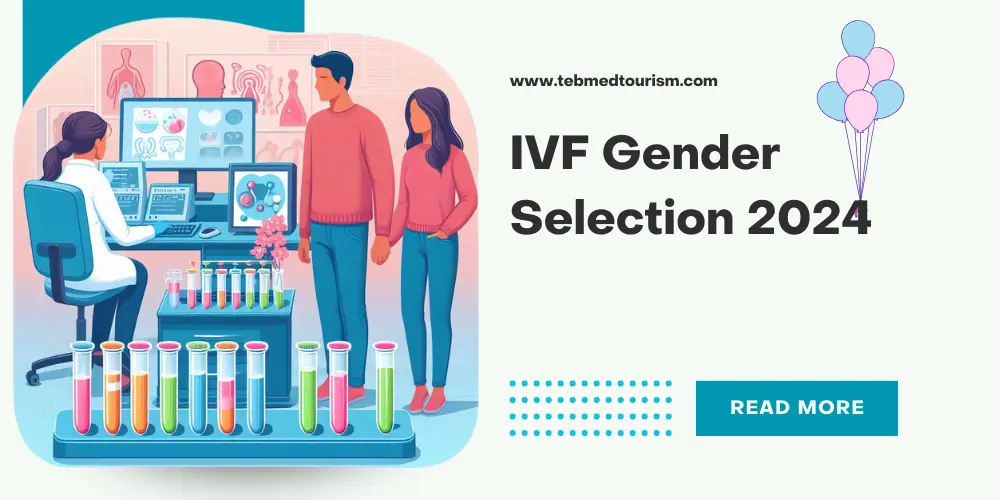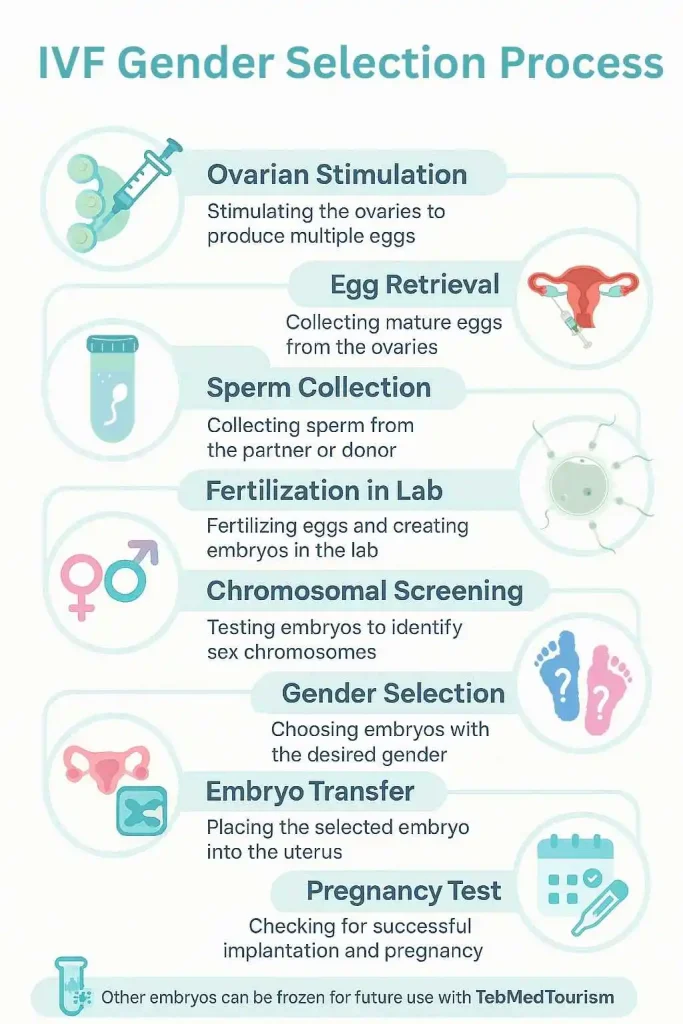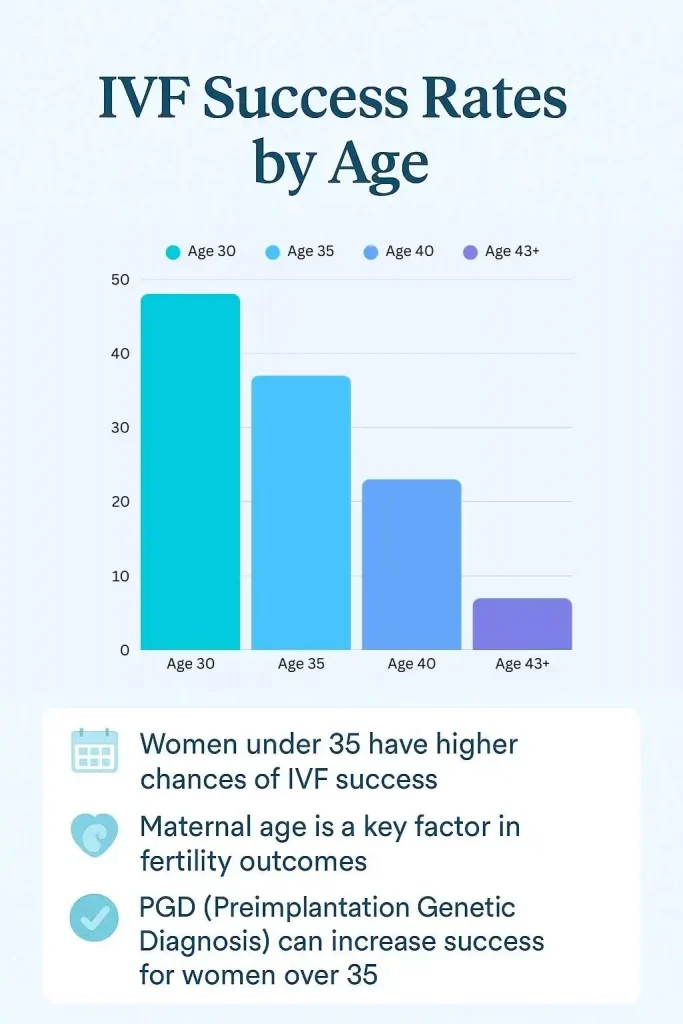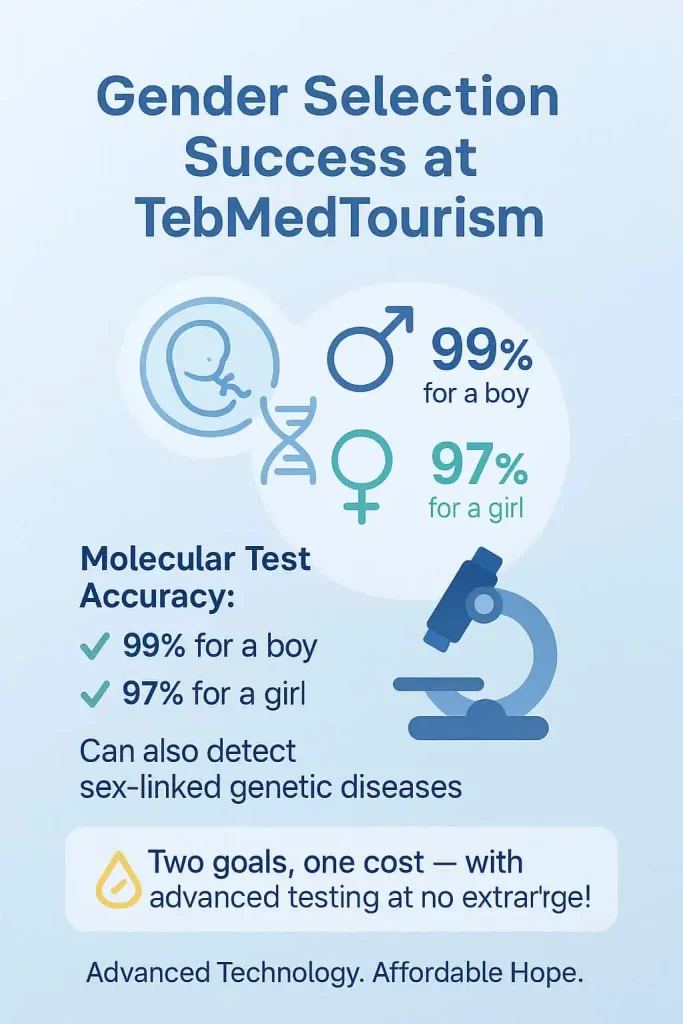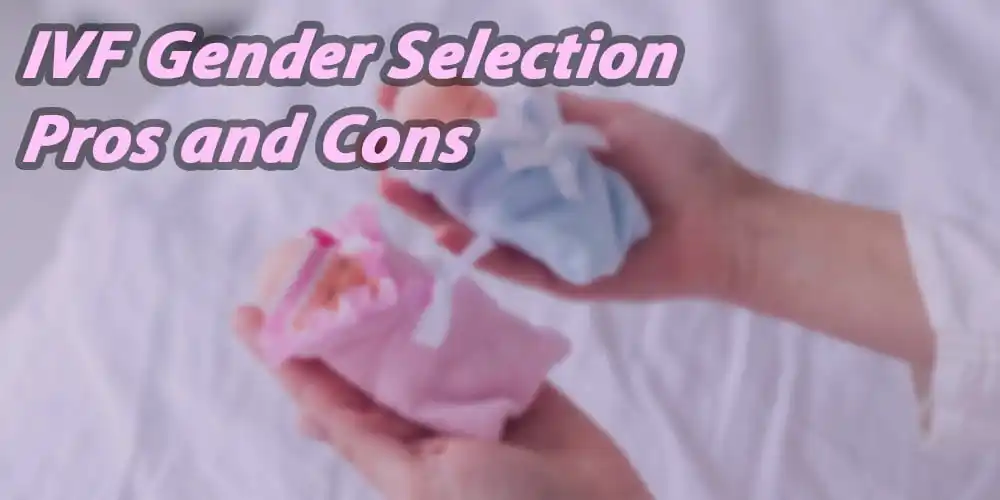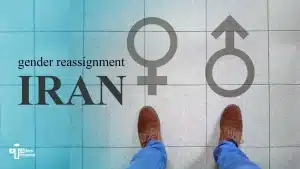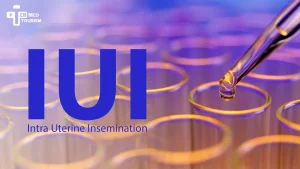Gender selection IVF is often more than simply a personal preference for you to choose the sex of your baby with IVF. Couples must consider all IVF gender selection pros and cons as well as the possible IVF gender selection risks and benefits to make the best decision.
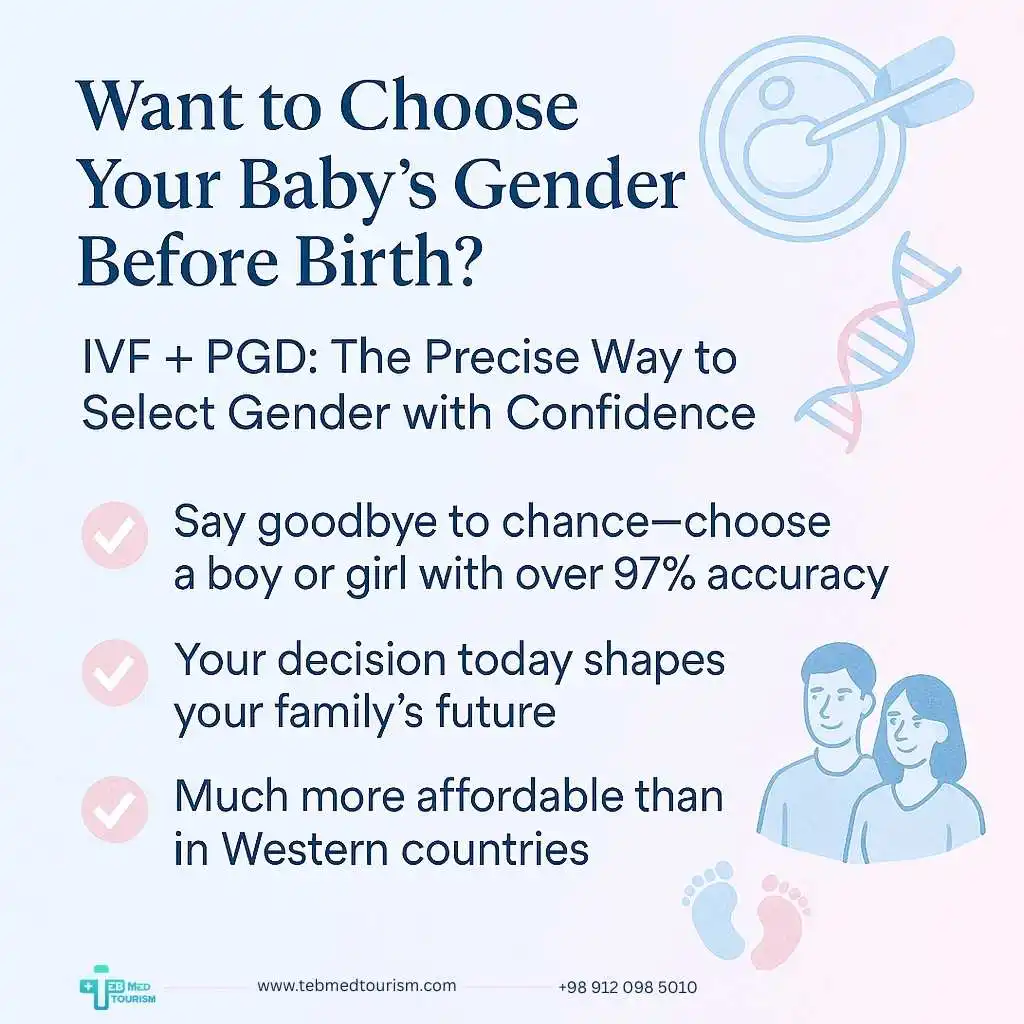
Sex vs Gender: Gender and sex are not interchangeable terms. Sex pertains to the reproductive organs that a baby is born with, while gender pertains to a child’s gender expression, which may or may not align with their biological sex. It is not possible to select the gender of your baby. Because this term is wrongly known as gender selection, wherever gender selection is used in this article, it means sex selection.
Introduction to IVF Gender Selection
How Does IVF Gender Selection Work?
What is In Vitro Fertilization (IVF) for Gender Selection?
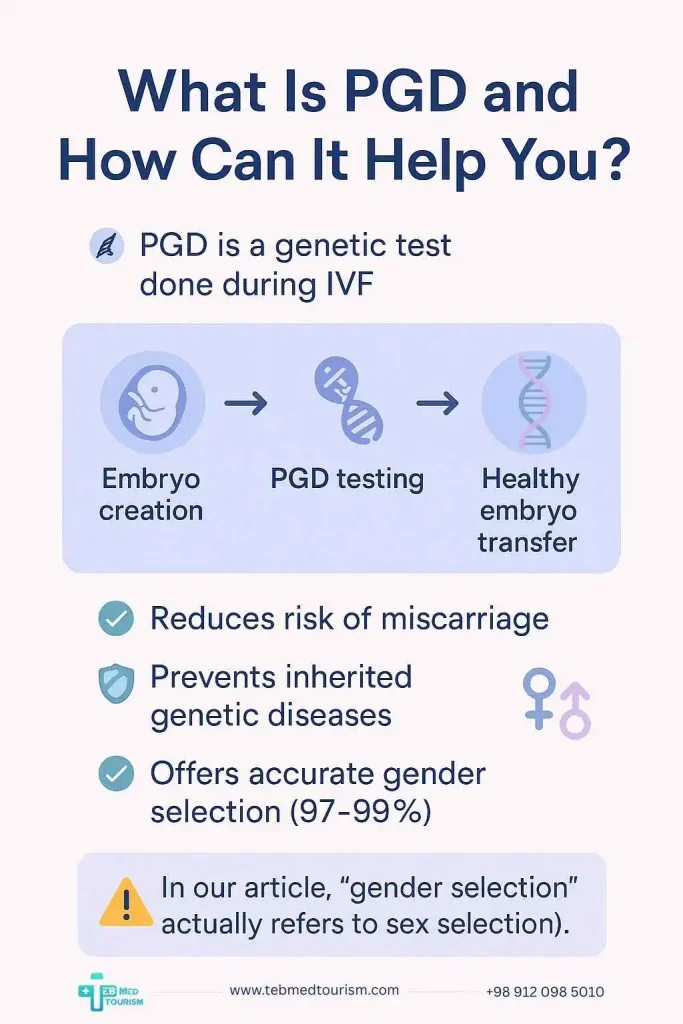
Can You Pick Baby Gender with IVF?
Is Gender Selection Possible with IVF?
Understanding IVF Gender Choice
IVF Gender Selection Process
Let’s review the general phases of IVF treatment before discussing the IVF sex selection procedure. Ovarian stimulation, egg retrieval, fertilization, and embryo transfer are the main phases of in vitro fertilization.
Every step of treatment assists with one component of conception, addressing any fertility concerns along the way and increasing the chance of pregnancy for our patients.
- Ovarian stimulation: In order to stimulate the ovaries and encourage the creation of several mature eggs, the intended mother (or a surrogate) takes fertility medicine as directed.
- Egg retrieval: A minimally invasive procedure is used to remove released eggs from the uterus.
- Fertilization: A concentrated sperm sample (either from the father or a donor) is combined with collected eggs. Successfully fertilized eggs undergo viability tests while being monitored in a laboratory setting.
- Embryo transfer: In the hopes that they may implant to the lining and produce a successful pregnancy, the most viable embryo or embryos are placed directly into the female’s uterus.
IVF Gender Selection Success Rates
Nowadays, thanks to IVF gender selection, a fertility specialist can easily identify and select a child’s gender before implantation, thanks to contemporary screening and embryo genetic testing during in vitro fertilization (IVF).
This is now a part of the new reality of contemporary assisted reproduction rather than the stuff of science fiction.
How Accurate is IVF Gender Selection?
Very accurate! Because a fertility specialist can use PGD tests to determine whether the embryo contains XX or XY chromosomes, the gender selection process is nearly 100% accurate.
However, due to variables including age, egg supply, and sperm quality, not every patient can produce viable embryos of the desired gender.
IVF Gender Selection: Success rates and Factors Involved
PGS (Preimplantation Genetic Screening) and PGD (Preimplantation Genetic Diagnosis) are the most sophisticated and precise techniques for determining your child’s gender.
In this section, we are also going to explain the reasons for using PGD for gender selection and how it gives parents peace of mind by helping them welcome a healthy baby and achieve what they’ve been dreaming of.
These methods are beneficial for families who wish to avoid passing on sex-linked genetic illnesses, and they have a success rate of over 99%.
In addition to balancing their family, many aspirational parents choose this to prevent specific genetic illnesses. However, it’s crucial to keep in mind that age still has a significant impact on the likelihood of becoming pregnant, even when gender selection via IVF is highly successful.
During the IVF cycle timeline, only healthy embryos are used. Moreover, extra embryos can be stored and kept for use in subsequent IVF procedures if available.
- 20–29 years old — around 75–80%
- 30–34 years old — around 65%
- 35–39 years old — around 45–50%
- 40–44 years old — around 25%
Thanks to Iran’s advanced fertility technology and our experienced doctors, TebMedTourism makes it easier and more affordable than ever to grow your family your way—with care, confidence, and clarity.
Would you like to learn more about “IVF gender selection cost”?
The Pros of IVF Gender Selection
From family balancing to preventing gender-linked genetic conditions, this option is growing in popularity.
Some parents also follow the gender selection diet in combination with IVF to increase the likelihood of achieving their desired result.
IVF gender selection gives you the option to choose the sex of your baby with IVF, which has several benefits when it comes to gender selection pros and cons and IVF gender selection pros and cons. From family balancing to preventing gender-linked genetic conditions, this option is growing in popularity. Let’s take a look at some of the benefits of IVF gender selection.
Lowering the Risk of Sex-Linked Disorders:
Children of parents with sex-related disorders may be more susceptible to these issues. This is especially important if both parents suffer from a medical condition. These conditions include Rett syndrome, Alport syndrome, fragile X syndrome, hemophilia, color blindness, and more. By enabling individuals with known sex-linked disorders to select an embryo that is not at risk of passing this gene, PGS enables medical professionals to screen for these problems and further lower the risk.
Common Sex-Linked Disorders
- Hemophilia: Usually affecting men, hemophilia is a sex-linked genetic condition that prevents blood clotting and causes excessive bleeding. Although the condition primarily affects men, women can possess the genes that cause it, and some female carriers have shown symptoms. Only female carriers are able to pass it on to their children because it is X-linked. If babies show symptoms of excessive bleeding after birth, testing and treatment are available.
- Congenital Night Blindness: Males may develop congenital night blindness, a sex-linked genetic disease, soon after birth. Although cases have been reported in many ethnic groups, the illness is most prevalent in those descended from central and northern Europe and can make it difficult or impossible to see in low light. Some parents may want to think about having solely female children if this issue runs in their family.
- Muscular Dystrophy in Duchenne: A sex-linked genetic condition, Duchenne muscular dystrophy often appears between the ages of one and six. Usually, this illness results in cognitive impairment, cardiovascular problems, and physical weakness. By the time they are teenagers, many males with this illness need wheelchairs to improve their mobility. Only female carriers can pass it on to their baby because it is X-linked. Having male offspring may be something that prospective mothers who have a family history of this illness would prefer to avoid.
Family Balancing
Some parents place a high value on family balancing. Choosing the baby’s gender assists parents with keeping family balance. For instance, parents who want a girl but have all boys can opt to have only female embryos (those with XX chromosomes) implanted during the egg transfer or IVF cycle. Our goal at TebMedTourism is to assist patients in creating the family of their dreams.
Boosting Pregnancy Success Rates
Genetic testing, as another benefit of IVF gender selection pros and cons, is done just before implantation, which means the embryos are examined before they are even placed inside the uterus. As a result, our fertility specialists may choose only the healthiest embryos. The healthy embryos have a higher chance of producing a healthy pregnancy and infant.
IVF Gender Selection: Advantages for Parents
There are many different opinions on the controversial topic of determining a child’s sex using techniques like IVF and sperm sorting.
Some people think that by employing these techniques, couples can have children of varied genders and establish family balance. Some believe that these practices create issues like gender disparity in children, low-income people’s limited access to them, and conflicts with legal and religious principles.
Parents should give serious consideration to their child’s sex, as it is a deeply personal decision. To assure the health and quality of eggs, sperm, and the uterus by performing the required tests and samples, couples thinking about gender determination should first speak with specialists. They can select the most appropriate way for their circumstances after weighing the advantages and disadvantages of various gender determination techniques.
The Cons of IVF Gender Selection
IVF gender selection raises ethical and practical concerns, including high costs(the cost of IVF in Iran is more affordable than in other countries.), moral debates, and potential misuse of unused embryos. It may also lead to societal gender imbalances or preference for one sex.
Some fear it could enable ‘designer babies,’ though this technology doesn’t yet exist. While many choose gender selection for personal or medical reasons, it’s important to note the VF gender selection cost can be a barrier for some couples.
Potential Risks and Drawbacks of IVF Gender Selection
There are also possible IVF gender selection risks and disadvantages, which we will consider in this part as follows:
- It is expensive: The IVF sex selection cost is rather high; thus, couples who have assigned a restricted budget for IVF may find it impossible to apply the PGD approach.
- Ethical principles of gender selection: The morality of gender selection is in doubt since some people say that parents shouldn’t choose their child’s gender because it is generally accepted that God should make this decision.
- Parents may Regret in the future: Some individuals believe that if things do not turn out the way they desire, parents may change their thoughts later on, which could have an effect on the baby’s life.
Ethical Concerns and Legal Considerations of IVF Gender Selection
Different countries have varying regulations, often referred to as gender selection rules in different countries. In some nations, gender selection is only allowed for medical purposes, while others permit it for family balancing. Religious perspectives, including gender selection in Islam, also influence decisions.
- Possible destruction of embryos: Another IVF gender selection risk is the concern that revolves around what happens to the unused embryos. Whether or not gender selection or genetic testing are used, this is an ethical dilemma. When choosing IVF, patients must make a decision in advance about the fate of their stored embryos. In order to use their extra embryos later to finish their family, many IVF patients retain them frozen. The remaining embryos could be given to research, another couple, or allowed to thaw and become nonviable.
- Imbalanced society: Concerns about preimplantation genetic screening (PGS) for gender selection are further heightened by the history of gender selection in China and India. Due to China’s former one-child limit, which was in effect for 35 years until 2015, many couples decided to have their first pregnancy terminated if it was a girl. There is presently a skewed Chinese population. Men are unable to marry enough women. This kind of imbalance is not a present concern because the United States uses gender selection seldom.
- Devaluation of gender: Some express concern that choosing a baby’s gender may result in favoring one gender over the other. However, ASRM asserts that parents who prefer the distinct experiences of raising boys and girls are not always sexist or inclined to disparage one sex over the other. It may not be per se sexist to wish to have a child or children of each gender, particularly if one has two or more children of the same sex, according to some psychologists, who acknowledge the numerous differences between male and female children.
- Designer babies: The last issue that is considered among IVF gender selection risks is the potential for future misuse of prospective children’s genetic screening, which raises further ethical questions. The theory goes that as technology advances, it will be feasible to identify specific physical traits. This would allow for the possibility of selection based on certain traits, which would promote “designer babies.” Currently, no technology seems to exist that would make such a practice possible. For example, there is no known gene associated with height or musical expertise.
Conclusion
Whether you’re searching for the cheapest country for gender selection, exploring the cheapest country for IVF, or simply wanting to understand all aspects of IVF gender selection, informed decision-making is crucial.
IVF gender selection gives you an amazing opportunity if you want to choose the sex of your baby with IVF for family balance or to avoid genetic problems. Using cutting-edge genetic testing methods like PGS and PGD, the procedure guarantees almost flawless accuracy in choosing the desired sex. For individuals who carefully weigh IVF gender selection pros and cons and IVF gender selection risks, this operation is still a strong and realistic choice, despite certain potential hazards and ethical issues.
TebMedTourism is proud to be recognized as the best IVF clinic for gender selection in Iran, offering a safe and reliable gender selection procedure backed by world-class medical standards, skilled fertility specialists, and advanced laboratory technology.
Does IVF allow you to choose gender?
Yes. IVF combined with preimplantation genetic testing (PGT/PGD) can accurately determine the embryo’s sex before implantation, allowing parents to choose male (XY) or female (XX) embryos.
What is the success rate of gender selection with IVF?
Gender selection via PGT/PGD is nearly 99% accurate for identifying embryo sex, though pregnancy success still depends on factors like age, egg quality, and sperm health.
Can you do IVF just for gender selection?
Yes, but eligibility may depend on local laws. Some countries allow it for family balancing or medical reasons; others restrict it to preventing sex-linked genetic disorders.
How much does IVF gender selection cost?
Costs vary by country and clinic, but IVF with PGD/PGT is more expensive than standard IVF due to the genetic testing involved. In Iran, TebMedTourism offers more affordable options compared to many other countries.







